I have heard a lot on teacher blogs, Facebook, and Instagram about Debbie Miller's books. I have to admit that it's hard to keep my attention with "teacher books" because I have a short attention span. I have changed my mind after I read this book. I have always struggled with getting my students to REALLY comprehend and understand what they are reading. Most teachers do but just might not admit it, they don't teach these things in college (at least not at my college.)
Here is the book, I have the 1st edition:
Click on the book to send you to amazon. I checked mine out at our state teacher resource library.
We move through the year with her, watching as she scaffolds for us and her students explicit reading instruction that truly works.
In Chapter 1, Miller goes straight to the crux of the matter: Gradually release responsibility to students; teach a few strategies of great consequence in depth over time; give students the gifts of time, choice, response, community, and structure.
Chapter 2 tells us how and why we should create a sense of community in the classroom. "Real classroom communities," writes Miller, "are more than just a look. Real communities flourish when we bring together the voices, hearts, and souls of the people who inhabit them." We must be "deliberate" in September if we are to create the type of environment in which growth and authentic learning will occur.
The Reader's Workshop is the topic of Chapter 3. Wait a minute, you may be saying, how does one have a "Reader's Workshop" when most of the students are not yet reading? "Readers' workshop in September," Miller writes, "is less about teaching children how to read and more about modeling and teaching children what it is that good readers do, setting the tone for the workshop and establishing its expectations and procedures, and engaging and motivating children to want to learn to read." And so Miller shows us, in detail, how we can go about this foundation-building. She begins with "Book Selection," then "Reading Aloud, Mini-Lessons, Reading and Conferring," and finally "Sharing."
In Chapter 3, we learn how and why to give children choices when selecting books. Miller also discusses briefly phonics and word identification---two things that she believes should be taught side-by-side with comprehension strategies.
In the next two chapters Miller goes in depth into the comprehension strategies of schema and visualizing. She then devotes a chapter to "Digging Deeper." It is now January, she notes, and "the time is right for increasing the sophistication of the read-alouds, showing them how to engage in more challenging dialogue and making connections from our past experiences to more in-depth learning." Timing, as they say, is everything. It is this type of knowledge and the ability to build the foundation.
Chapter 8 through 10 are devoted to the remaining reading strategies of inferring, questioning, determining the importance, and synthesizing (summary.) A list of references and a detailed index are included.
In Chapter 1, Miller goes straight to the crux of the matter: Gradually release responsibility to students; teach a few strategies of great consequence in depth over time; give students the gifts of time, choice, response, community, and structure.
Chapter 2 tells us how and why we should create a sense of community in the classroom. "Real classroom communities," writes Miller, "are more than just a look. Real communities flourish when we bring together the voices, hearts, and souls of the people who inhabit them." We must be "deliberate" in September if we are to create the type of environment in which growth and authentic learning will occur.
The Reader's Workshop is the topic of Chapter 3. Wait a minute, you may be saying, how does one have a "Reader's Workshop" when most of the students are not yet reading? "Readers' workshop in September," Miller writes, "is less about teaching children how to read and more about modeling and teaching children what it is that good readers do, setting the tone for the workshop and establishing its expectations and procedures, and engaging and motivating children to want to learn to read." And so Miller shows us, in detail, how we can go about this foundation-building. She begins with "Book Selection," then "Reading Aloud, Mini-Lessons, Reading and Conferring," and finally "Sharing."
In Chapter 3, we learn how and why to give children choices when selecting books. Miller also discusses briefly phonics and word identification---two things that she believes should be taught side-by-side with comprehension strategies.
In the next two chapters Miller goes in depth into the comprehension strategies of schema and visualizing. She then devotes a chapter to "Digging Deeper." It is now January, she notes, and "the time is right for increasing the sophistication of the read-alouds, showing them how to engage in more challenging dialogue and making connections from our past experiences to more in-depth learning." Timing, as they say, is everything. It is this type of knowledge and the ability to build the foundation.
Chapter 8 through 10 are devoted to the remaining reading strategies of inferring, questioning, determining the importance, and synthesizing (summary.) A list of references and a detailed index are included.
I have learned:
-to have students pick out a few books and discuss with the class why they chose them (book talks.)
-Sticky notes are very important: They can write on them to recommend a book to other students or if they are stuck on a word, they can write it and then look in the glossary for the definition(glossary practice is another great skill.)
-Schema: I LOVE using this word with my students because it is another word for prior knowledge. Students can read a few pages and then stop and give stories about anything that they can relate to it. You, as a teacher, can also read to your students and do the same thing.
-As I read parts of the story, the students can draw mental pictures of what I am reading.
Some books that she recommends in the classroom:
Poems
(for meaningful connections)
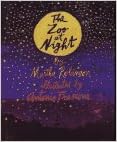
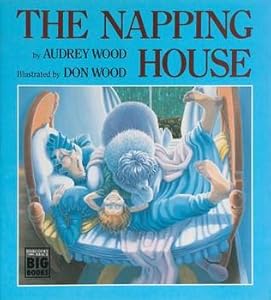
(for creating mental images)
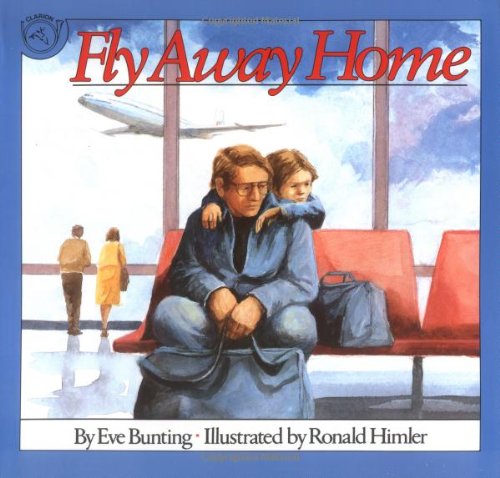

(for inferring)
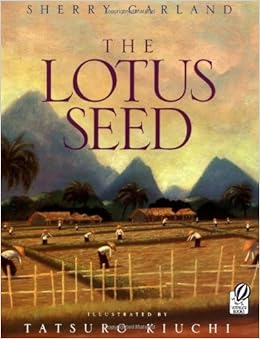
(for asking questions)
Nonfiction series from: Dorling Kindersley Reading, Eyewitness books, First Discovery Books
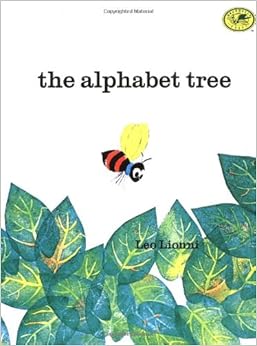

(for synthesizing info)
There are much more in this book that she recommends.
If you are thinking about getting this book, you NEED to! I can't wait until August!

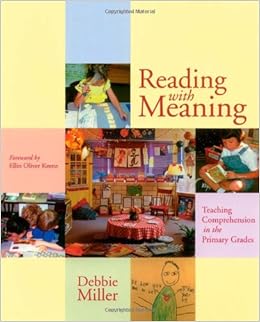

No comments:
Post a Comment